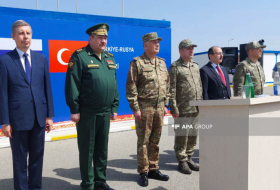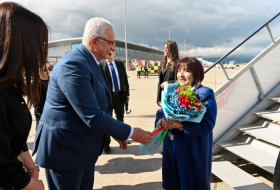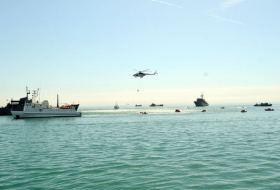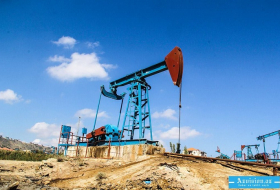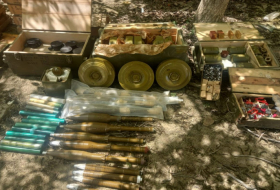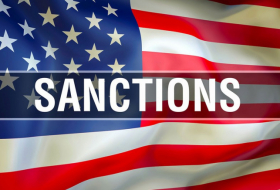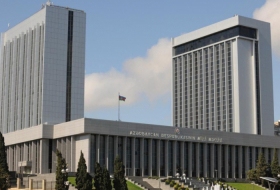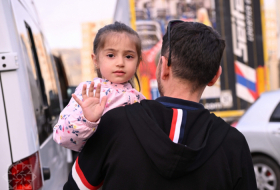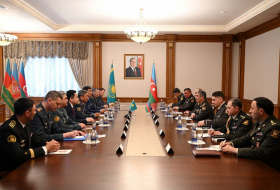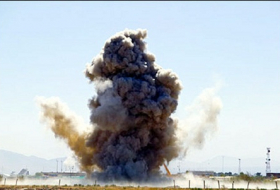The massacre, which was perpetrated by Armenian armed forces a year before the occupation of Kalbajar, is one of the bloody pages of the Armenian aggression against Azerbaijan.
The village of Aghdaban is situated in Kalbajar district, on the right shore of the Aghdaban river, on the slope of Aghdaban Mountain, south foot of Murovdagh range and 56 km far from the center of the district. In the night of 6th April 1992, Armenian armed forces attacked to the Aghdaban village of Kalbajar district with the help of armed Armenians in Nagorno Karabakh, burnt the village, which was consisted of 130 houses, inflicted 779 peaceful people, killed 67 people brutally and perpetrated an act of genocide.
Eight people aged 90-100, 2 children, 7 women were burnt alive, 2 people went missing, and 12 people were caused damage in one night. Historical, cultural and architectural monuments were destroyed by Armenians, holy sanctuaries and cemeteries were annihilated and destructed. Manuscripts of virtuoso of Azerbaijani classical ashug poetry Ashug Gurban and his son Ashug Shamshir were burnt and plundered as a continuation of vandalism policy perpetrated by Armenian separatists against the cultural heritage of Azerbaijan.
The Aghdaban massacre is suitable for its specification and character to the clauses of the Convention on the “Prevention and Punishment of the Crime of Genocide” adopted on December 9, 1948, by the General Assembly of the UN, gives an opportunity to recommend it as genocide crime on the basis of international law and this massacre perpetrated by Armenian-Russian armed forces against peaceful people of Aghdaban village must be recognized by the world community as a genocide crime.
On April 2, 2014, in the commemoration day of the 21st anniversary of the occupation of Kalbajar, representatives of the society of Kalbajar district of Azerbaijan addressed to the Security Council of the UN related to the Kalbajar tragedy. In the appeal, it was mentioned that the crimes perpetrated by Armenian armed forces on April 8, 1992, in Aghdaban and Chaygovushan villages of Kalbajar, in April of 1993, in Bashlibel village are the next genocide acts against the Azerbaijani people.
At present, the Nagorno-Karabakh territory of Azerbaijan and the adjoining 7 administrative districts are under the occupation of the Armenian Republic.
The Azerbaijani territories occupied in 1988-1993:
The Nagorno-Karabakh: occupied in 1988-1993, territory – 4400 square kilometers (Shusha, Khankendi, Khojali, Askeran, Khojavend, Agdere, Hadrut);
Lachin: occupied on May 18, 1992, territory – 1875 sq km.;
Kelbadjar: occupied on April 2, 1993, territory – 1936 sq km.;
Agdam: occupied on July 23, 1993, territory – 1154 sq km.;
Jabrail: occupied on August 23, 1993, territory – 1050 sq km.;
Fuzuli: occupied on August 23, 1993, territory – 1112 sq km.;
Gubadli: occupied on August 31, 1993, territory – 826 sq km.;
Zengilan: occupied on October 30, 1993, territory – 707 sq km.
More about: Nagorno-Karabakh Aghdaban-tragedy











